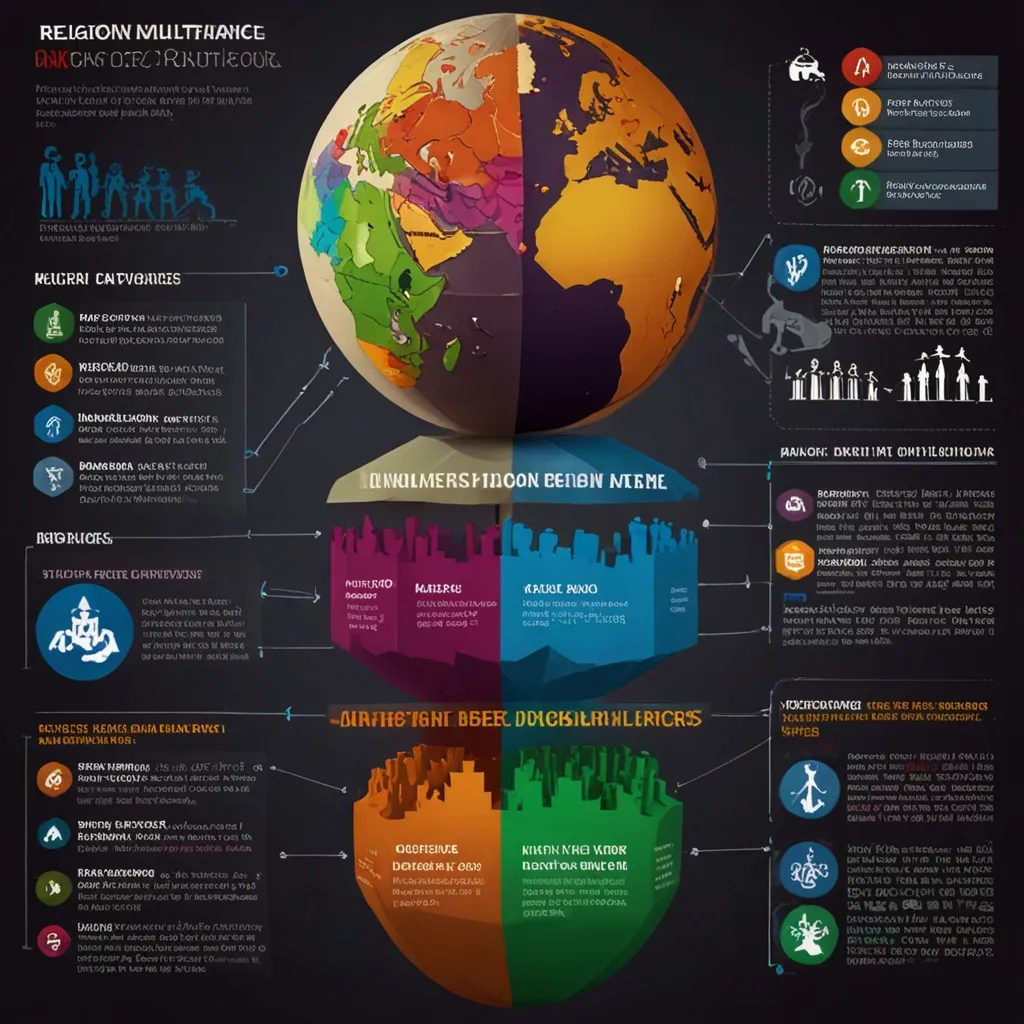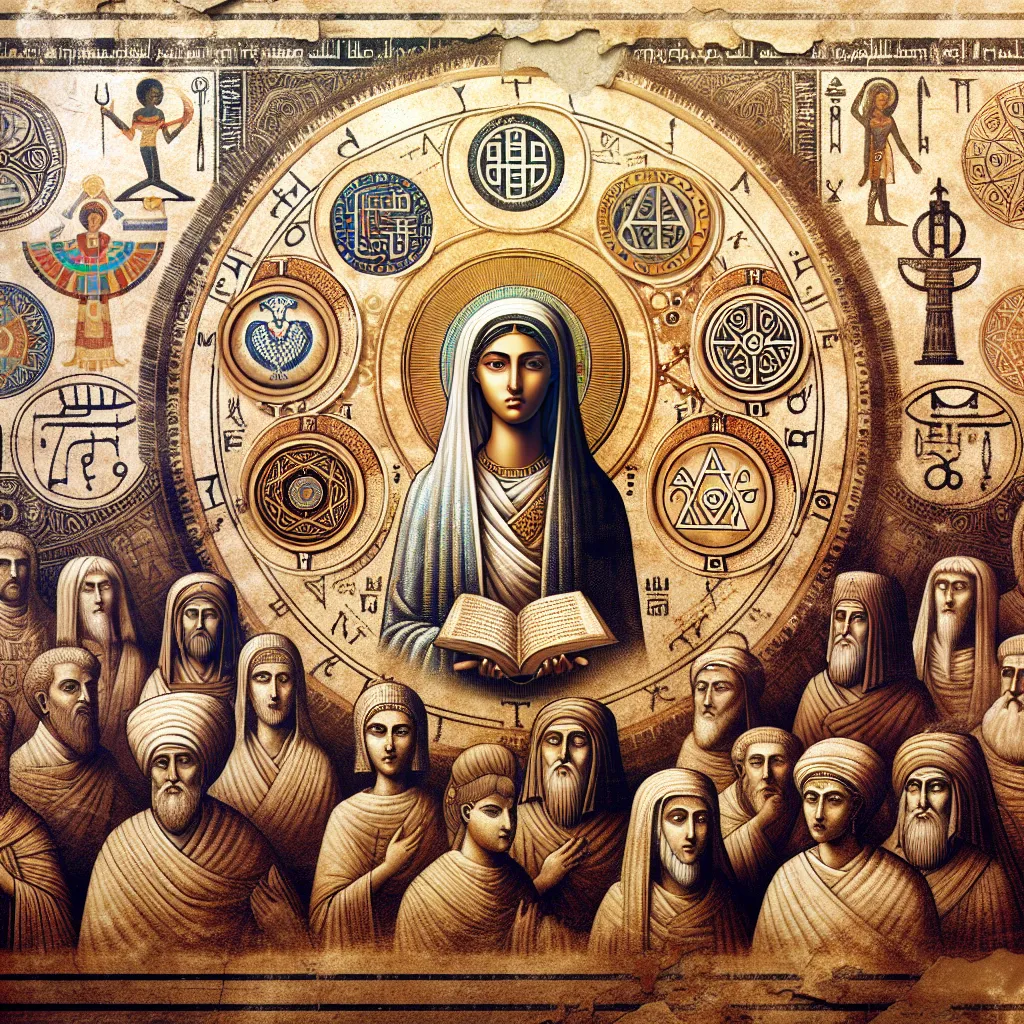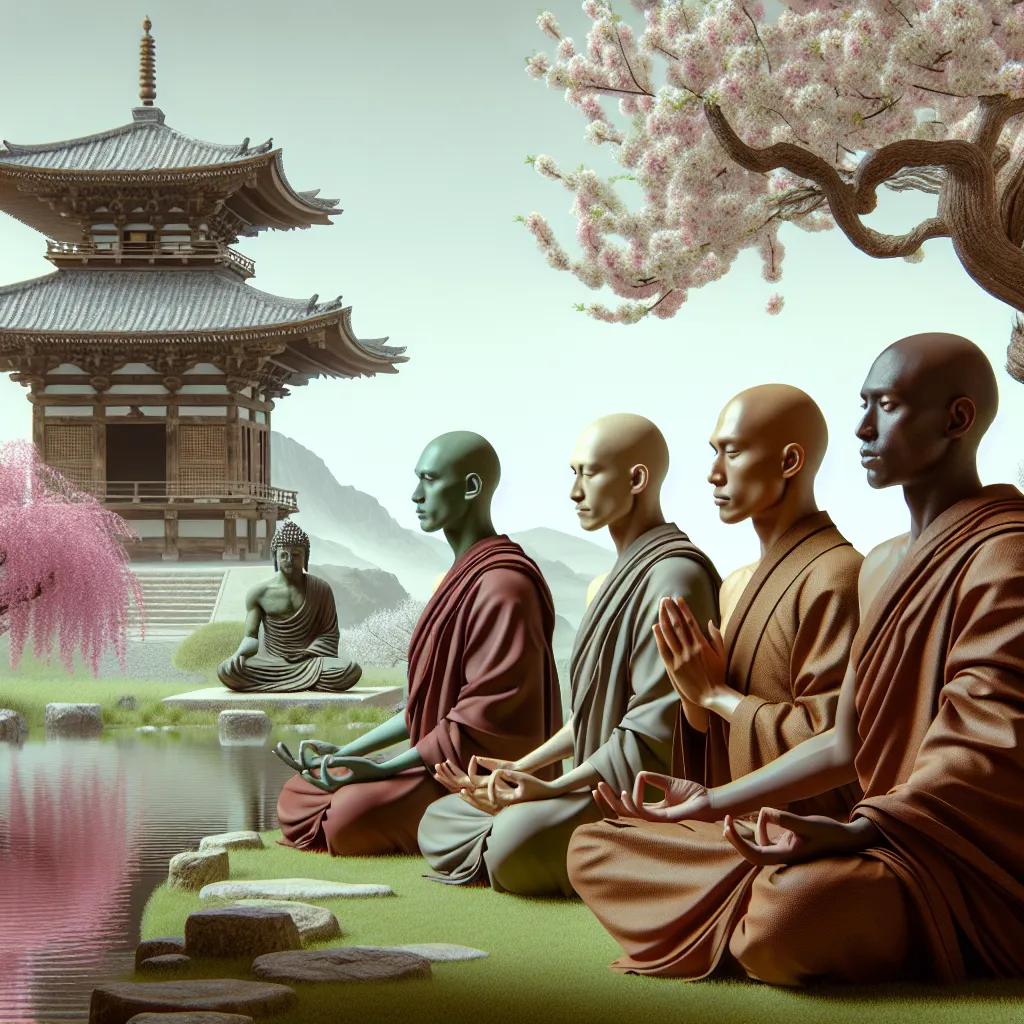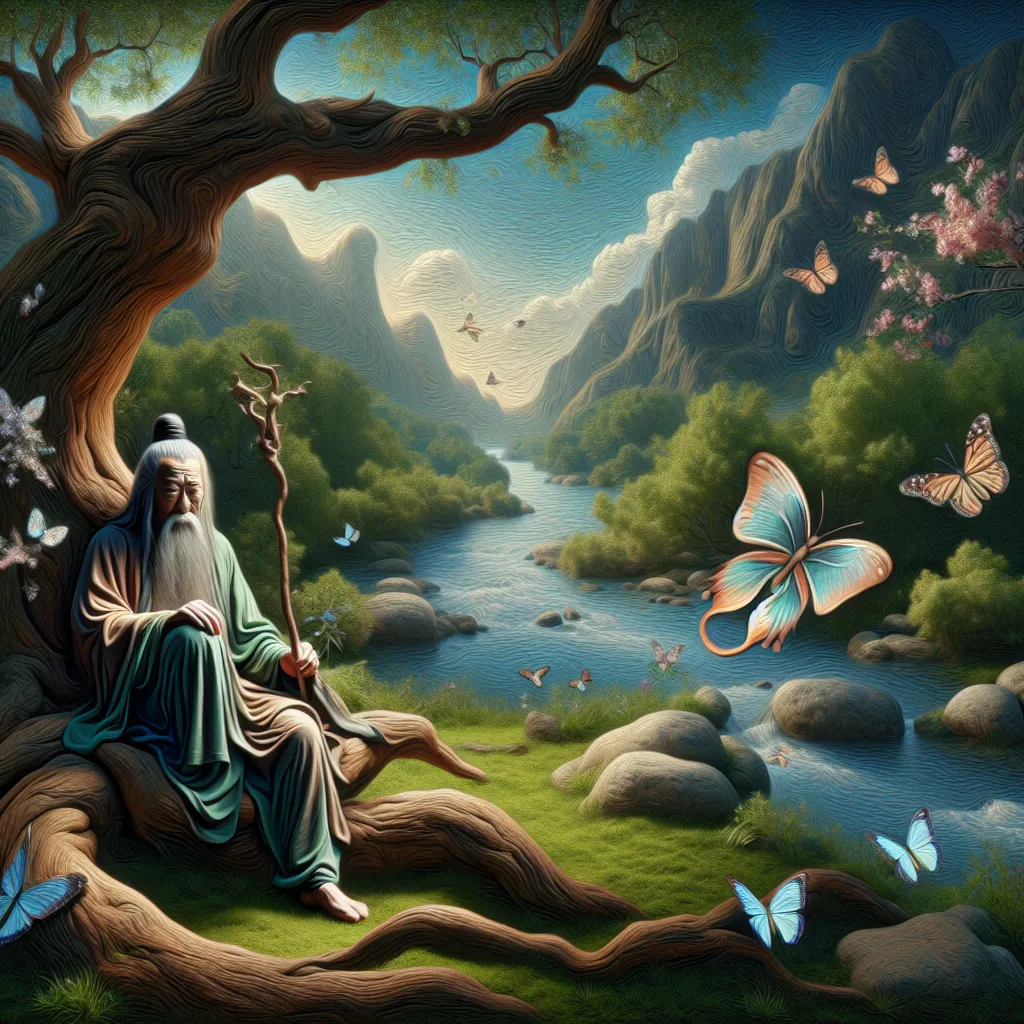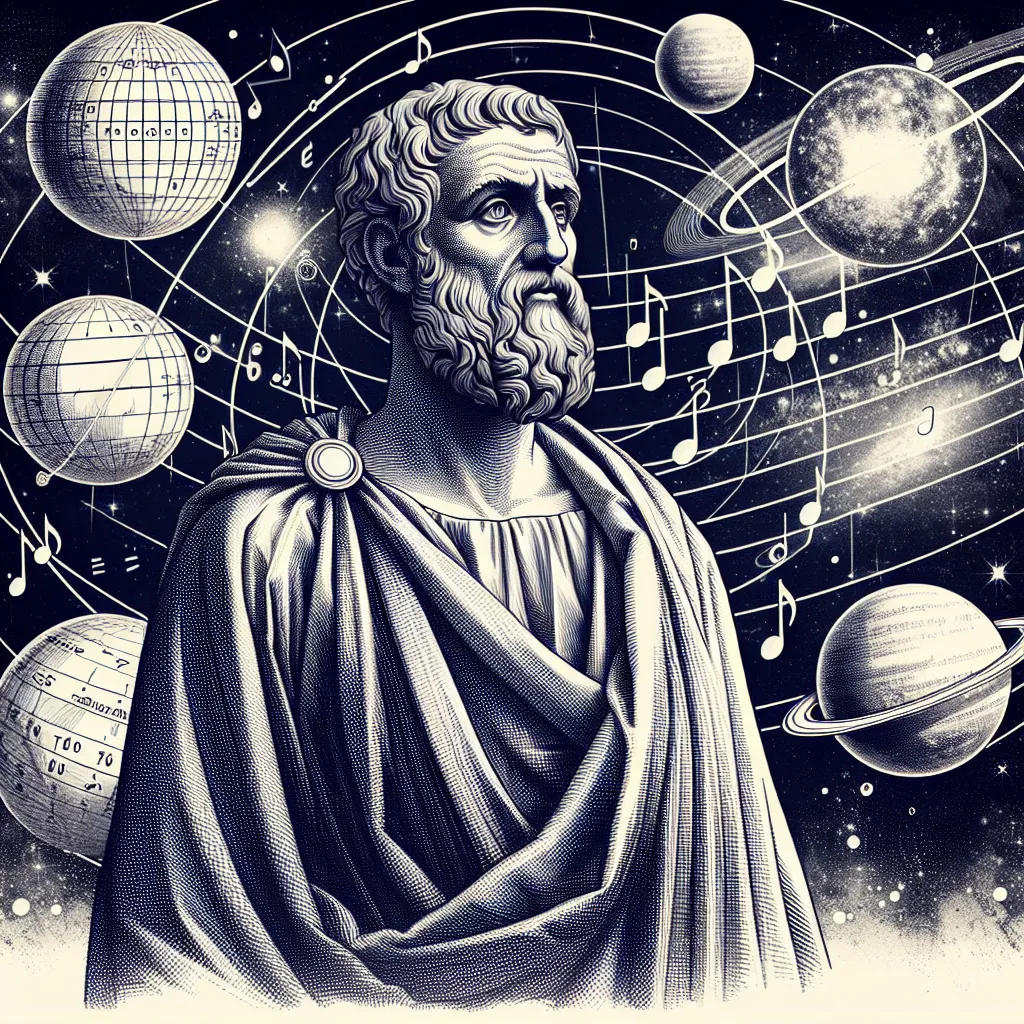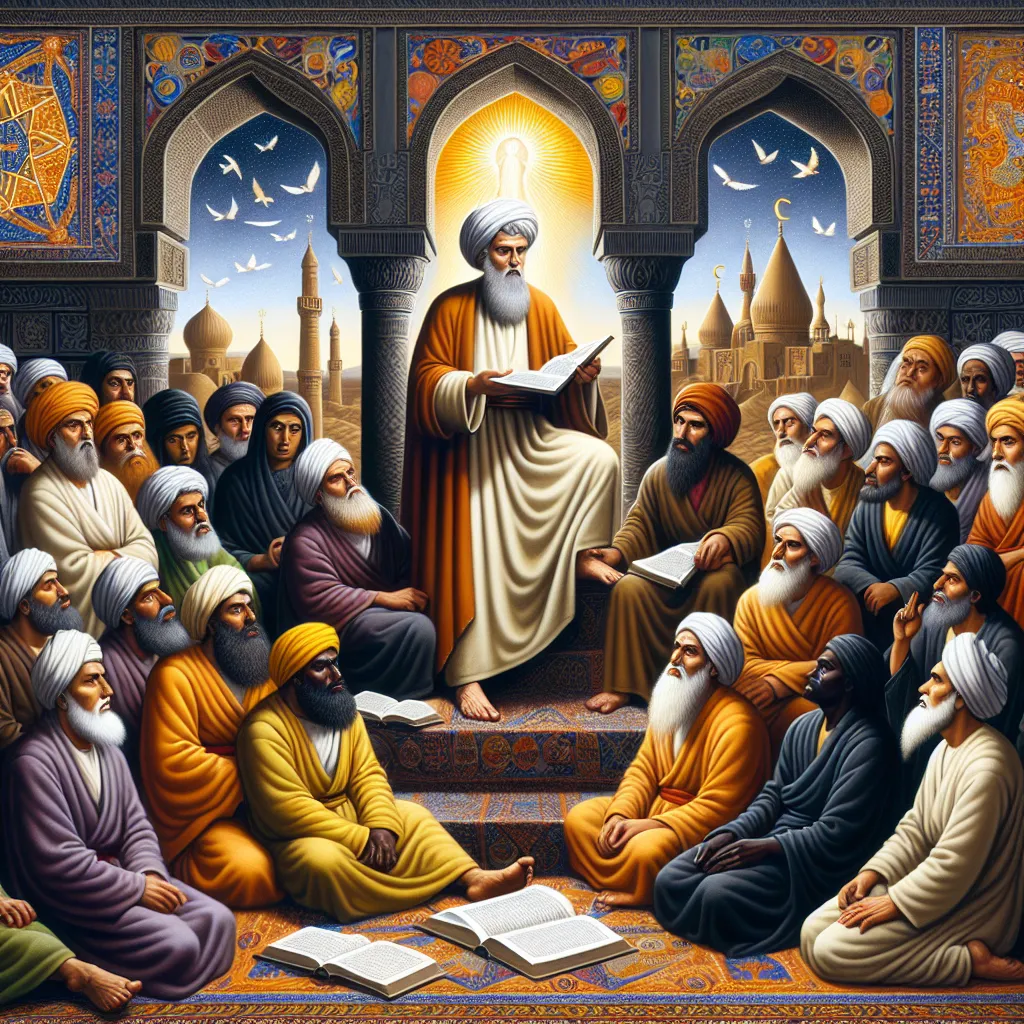Religion has always had a central role in shaping global politics. It’s influenced everything from international relations and conflict resolution to national policies and social movements. Despite how crucial it is, the role religion plays in global politics is often misunderstood or ignored, especially when looking through the lens of modern secular theories.
Historically, religion’s influence on international relations can’t be overstated. Think about major events like the Crusades, the rise of the Islamic caliphate, or even Buddhist “warrior monks.” These instances show how religious beliefs have driven political actions and have left a lasting effect on global dynamics. However, as secularization theories gained prominence, many scholars started to sideline the importance of religion in modern politics, seeing it as something old-fashioned and out of place in a modern, rational world.
The end of the Cold War and significant events like the Iranian Revolution and 9/11 have once again put religion in the spotlight concerning international relations. Nowadays, scholars get that religion isn’t just some relic of the past but an active and vibrant force shaping political identities and actions. For example, Islamist movements are deeply rooted in Islamic tradition, and Christian dominionists draw heavily from their understanding of Christianity. These religiously grounded worldviews profoundly impact political stances and activities.
The connection between religion and politics is anything but simple. On the positive side, religion can contribute to peace processes and broader societal good. Many religious teachings emphasize peace through the words and actions of their prophets and thought leaders. Take the Dalai Lama, for example; his promotion of compassion and self-knowledge is firmly rooted in Buddhist teachings. On the flip side, religion can also be a source of conflict. We’ve all seen how political leaders exploit religious beliefs to fuel violence and oppression, leading to considerable global conflicts.
One of the biggest hurdles in understanding religion’s role in global politics is the lingering Enlightenment assumptions. These ideas often paint religion as irrational or purely emotional, contrasting sharply with the supposedly rational realm of politics. But this isn’t accurate. Religion and politics are deeply intertwined, and religious actors often engage in very rational and strategic political actions. Scholars need to drop these broad generalizations and engage with religion more deeply, considering its varied forms and contexts.
Several frameworks have emerged to understand the role of religion in global politics better. Neo-Weberianism, positive ethics, securitization theory, and relational dialogical approaches offer fresh ways to explore why religious actors take specific actions and how their beliefs shape their political engagements.
Religion plays a massive role in shaping both personal and collective identities, which in turn shape political commitments. For a lot of people, their religious beliefs are the foundation of their political actions. This influence is visible in various political movements and policies around the globe. Religious arguments frequently come up to justify political stances, and religious institutions often hold significant political sway.
Look around the world, and you’ll see countless examples of how religion impacts politics. In China, the Catholic Church plays a significant role in political discourse. In the United States, religious groups have considerable influence on policies about things like abortion and same-sex marriage. In Bangladesh, religion has been central to both political unity and conflict. These examples showcase the different ways religion and politics intersect across various regions.
Philosophically, the relationship between religion and politics raises essential questions. One big debate is about whether there should be an established church or complete separation between church and state. This discussion involves ideas about toleration, coercion, and the role of religion in public debate. For example, liberal theorists often argue that justice should take precedence over religious beliefs, while others believe religious practices can complement political duties.
Despite the diversity within and among religions, there are common grounds that can promote peace and understanding. Inter-faith dialogue and education are vital in fostering mutual respect and cooperation. However, when political leaders exploit religious differences, it can lead to conflict and oppression. Combatting religious extremism and supporting moderate religious movements is essential to prevent misusing religion for political ends.
As we navigate complex global issues, religion can be a powerful force for promoting peace, justice, and ethical values. But this requires a genuine commitment to inter-faith dialogue and a deep understanding and respect for the cultural and religious identities of others. By acknowledging both the differences and commonalities among religions, we can work toward a more harmonious and just global society.
Religion’s influence on global politics is multifaceted and profound, shaping identities, policies, and political actions. While there are many challenges and misconceptions surrounding the intersection of religion and politics, a more nuanced understanding can help us leverage religion as a force for good. By engaging thoughtfully with religion and recognizing its diverse forms and contexts, we can foster greater understanding and cooperation. In a world facing increasingly complex issues, the significance of religion in shaping our political landscape is something we simply can’t afford to ignore.
